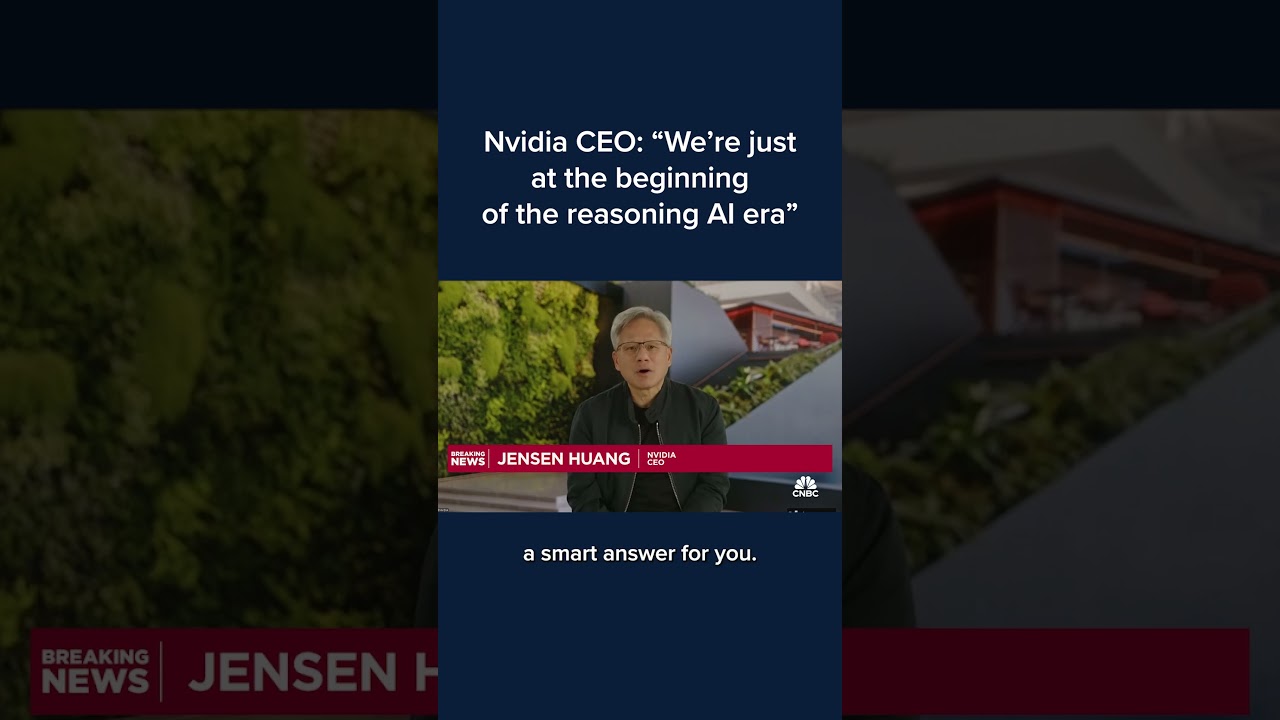Nvidia CEO highlighted the emergence of the “reasoning AI era,” which represents a significant advancement from traditional AI by emphasizing the need for AI to engage in deeper reasoning processes before generating responses. He noted that this shift requires approximately 100 times more computational power than previous models, showcasing the potential for enhanced decision-making and problem-solving across various industries.
In a recent discussion, Nvidia CEO emphasized the dawn of a new era in artificial intelligence, specifically the “reasoning AI era.” He highlighted that this phase marks a significant shift from traditional AI, which typically generates answers quickly, to a more advanced form of AI that engages in reasoning before responding. This new approach involves the AI contemplating the question, breaking it down into components, and conducting internal searches to formulate a more thoughtful and intelligent answer.
The CEO pointed out that the computational requirements for this reasoning process are substantially higher than those of previous AI models. He noted that the amount of computation needed for reasoning AI is approximately 100 times greater than what was necessary in the past. This increase in computational demand reflects the complexity and sophistication of the reasoning capabilities being integrated into AI systems.
He provided examples of current AI models that embody this reasoning capability, such as DeepMind’s DeepSeek, ChatGPT-4.0, and Grok 3. These models illustrate the advancements being made in the field of AI, showcasing how they can analyze and process information more deeply than their predecessors. The CEO’s mention of these models underscores the rapid evolution of AI technology and its potential applications.
The discussion also touched on the implications of this shift for various industries and sectors. As reasoning AI becomes more prevalent, it is expected to enhance decision-making processes, improve problem-solving capabilities, and lead to more nuanced interactions between humans and machines. This evolution could transform how businesses operate and how individuals engage with technology.
In conclusion, the Nvidia CEO’s insights reflect a pivotal moment in the AI landscape, where reasoning capabilities are becoming central to the development of intelligent systems. As the industry moves forward, the focus will likely be on harnessing the power of advanced computation to create AI that not only responds but also thinks critically and intelligently, paving the way for innovative applications and solutions in the future.
